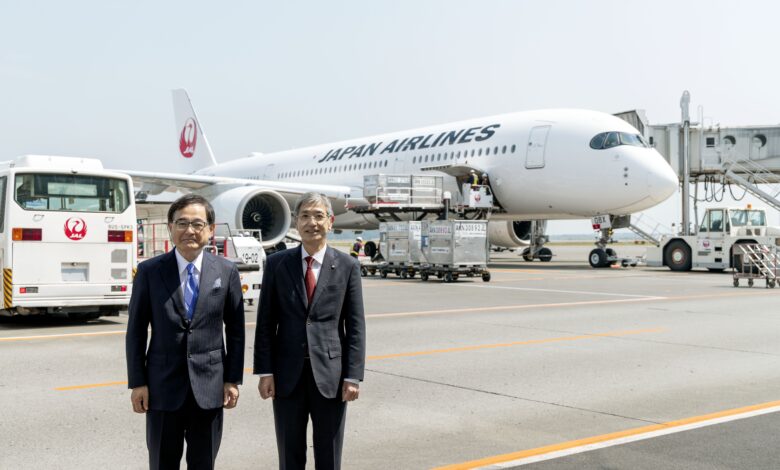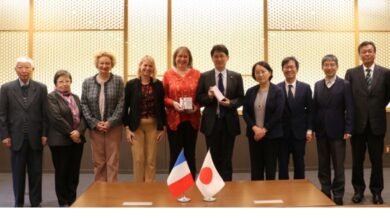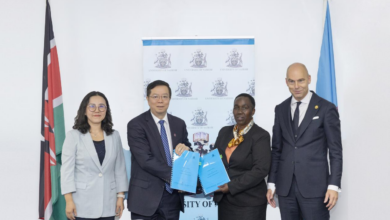Transforming Airline Industry-Academia Collaboration for Innovative Value Creation at Hokkaido University

Japan Airlines (JAL) has entered into a collaboration agreement with Hokkaido University, initiated in 2022, aimed at leveraging academic expertise to drive innovation and enhance safety in the airline industry. During a recent interview, Yuji Akasaka, JAL’s chairperson and a seasoned professional in engineering and maintenance, emphasized the critical importance of safety in aviation. The discussion took place with Kiyohiro Houkin, president of Hokkaido University.
Career Insights
Akasaka, who became a part of JAL in 1987, shared insights about his extensive career in the airline sector, which has been shaped by personal experiences, including the JAL Flight 123 disaster in 1985. This incident underscored for him the necessity of improvements within the airline industry, ultimately influencing his decision to join JAL. His career trajectory has included significant roles from on-site maintenance to leadership positions focusing on aircraft safety.
Collaborative Initiatives
The interview also underscored the collaborative initiatives between JAL and Hokkaido University, such as using aircraft data for climate change research, exemplifying how academic involvement can address important societal challenges. Akasaka pointed out JAL’s commitment to achieving carbon neutrality and acknowledged the airline sector’s contribution to global CO2 emissions, highlighting the urgent need to advance sustainable aviation fuel (SAF) production.
Trends in Collaboration
This partnership embodies a growing trend of collaboration between industry and academia, particularly in tackling critical global issues like safety and sustainability in the aviation sector. As both fields evolve, stakeholders recognize the importance of integrating operational knowledge into management practices to foster safety and efficiency.
Support for Local Economies
Akasaka also noted the necessity for a coordinated regional transportation approach and emphasized the airlines’ role in supporting local economies, illustrating the interconnectedness of education, aviation, and community development in Hokkaido. The vision for the future includes the enhancement of Hokkaido’s infrastructure, particularly concerning the ambition for New Chitose Airport to become an international hub.
Conclusion
Overall, the collaboration between Japan Airlines and Hokkaido University reflects a strategic effort to utilize shared expertise and resources to promote safety and sustainability in the airline industry, with significant implications for the future of air travel and regional development.
(Source: Hokkaido University Blog)




